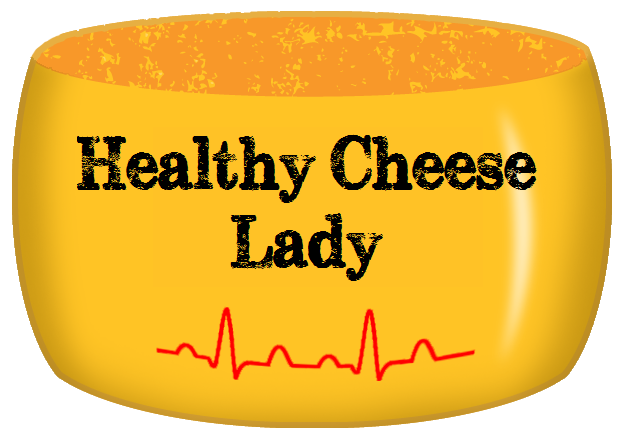When I pick up a book about food for the first time, I look in the table of contents and index for three words: cheese, yogurt, and health. If they appear early in the book, I’ll buy it. Writers and cheese experts, Max McCalman, Paula Lambert, and Janet Fletcher connect the dots between nutrition and health right away in their work. My library is bursting at the seams with health and cheese books. They’re like my new friends.
Today, I’m highlighting Janet Fletcher’s book titled “Yogurt,” published in 2015. On pages seven and eight, she discusses yogurt’s history, milk nutrients, lactose content and its effect on digestion, probiotics, the role of two key bacteria in the yogurt-making process, and the importance of “live” cultures. These are ALL important.
I’m a health professional and am not in the cheese business. Since 2011, I’ve been captivated by the nutrients found in healthy milk, yogurt, and cheese, and how they influence health. It’s fascinating.
The most important topic is the role of probiotics found in yogurt. Janet doesn’t use complicated biochemical terms to express her point. Thankfully, she keeps it simple. She writes “With growing confidence, scientists say that probiotic bacteria in yogurt with live active cultures can minimize the unpleasant side effects, particularly diarrhea, of antibiotic use. Probiotics appear to protect us against upper respiratory tract infections, making our colds fewer and shorter.”
She also mentions conditions such as irritable bowel syndrome, dermatitis in infants, immunity, and metabolism.
Janet highlights a major difference between homemade yogurt and some store-bought yogurt. “Yogurt that has been heat-treated after culturing—a procedure that prolongs shelf life—contains few or no viable probiotic (health enhancing) bacteria. If the yogurt contains live active cultures, the label will say so. Homemade yogurt will have live active cultures.”
I’m convinced that human health is inextricably linked to healthy bacteria. In just two pages, we learn many important points from this author, cook, and educator who claims that she eats and cooks with yogurt because “she loves the taste.” She adds “…any health benefits are a bonus.” Contrastly, I eat yogurt for its potential health benefits. The great taste is a bonus.
I flip to page nineteen, where the first recipe is introduced. It calls for three ingredients. Homemade yogurt is a living food; it is a life-giving food. Although it seems like a simple food, it performs biochemical magic in our bodies.
For more information: visit http://www.janetfletcher.com
Here’s a short interview with Janet recorded at the American Cheese Society Conference in 2015. https://www.youtube.com/watch?v=LjvobYkkgH0



